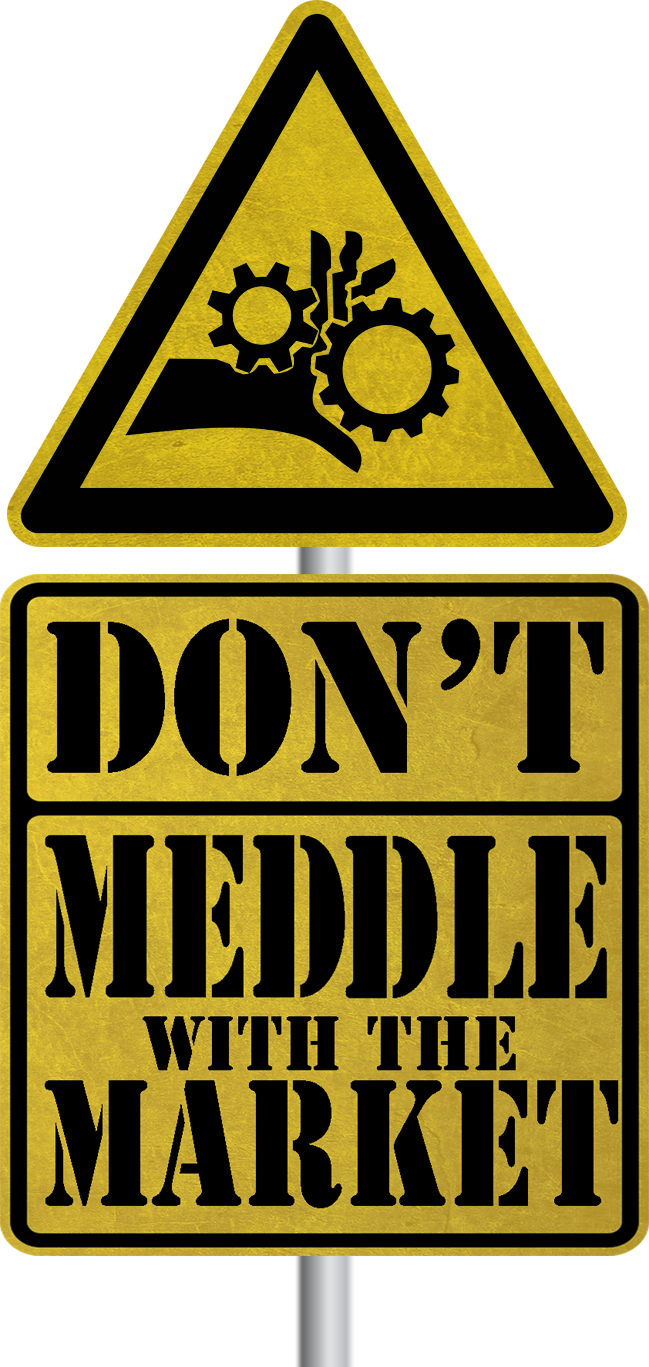You missed a very important anti-hard-peg argument (or set of arguments):
Making such a huge change is trying to invasively regulate and control a booming market. Regardless of what motivates people (and greed is always a part in any asset), trying to do that especially by implementing a huge change with a flip of a switch is something markets don't respond kindly to.

I hope you realize you are advocating for advocating a free market pretty heavily and drastically. If a country was considering doing something like that, wouldn't you be against it?
The intention for having two tokens on the same blockchain doesn't matter that much now, what's more important is what the market has decided to do with those tokens and if you try to artificially dictate to the market, you are bound to get your hand mangled up. The free market is always going to be a better authority on what the value of something should be than a whitepaper.
The free market is not sacred.
Of course it isn't. But it's where all the value of the blockchain drives from. And it's certainly more sacred than an original vision that did not actually work
But we already have a speculative asset and SBD is already not a free asset. Over time, it's value will go down to $1 as more SBD notes are produced. To treat it as an actually speculative asset when it is not is wrong. In fact, the current holders of SBD could experience a 6-7x drop in value in their asset as time goes on. You can't HODL it.
Here's why:
Steem is $10 -> 10 SBD produced per Steem
Steem is $25 -> 25 SBD produced per Steem
Steem is $50 -> 50 SBD produced per Steem
Steem is $100 -> 100 SBD produced per Steem
The SBD supply will explode if they are not cashed in and cashing them in at this point would be stupid. Whether or not we should implement the reverse peg on the asset is a good debate and I respect those that disagree. But those people holding an asset that is fundamentally not worth more than a dollar clearly would prefer to gamble and that has the potential to hurt many users down the road when the mechanism above punishes them.